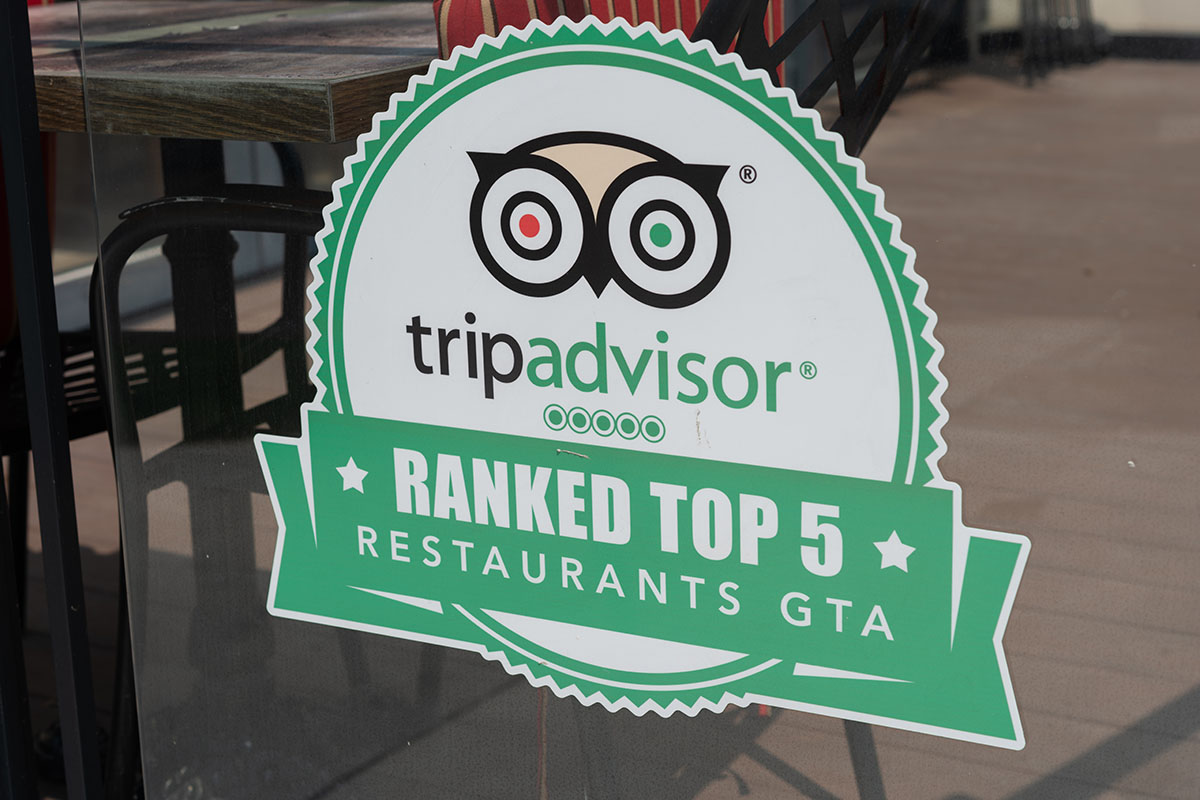Ukraine's Tourism Chief Reflects on the War's Impact
Skift Take

Skift Daily Briefing Podcast
Listen to the day’s top travel stories in under four minutes every weekday.Good morning from Skift. It’s Friday, March 10. Here’s what you need to know about the business of travel today.
Listen Now
🎧 Subscribe
Apple Podcasts | Spotify | Overcast | Google Podcasts
Episode Notes
The U.S. economy could face a recession later this year. So how will a hotel industry still recovering from the pandemic fare amid a period of economic uncertainty? Skift Research delves into the topic in a newly published report examining how different hotel chain scales perform during a recession.
Senior Research Analyst Pranavi Agarwal writes that although the macroeconomic outlook for the U.S. appears bleak, the hotel industry should receive a boost from the ongoing recovery of both business and international travel. She notes the luxury sector in particular is expected to remain resilient. The report also explains why a recession in 2023 would be different from previous economic downturns.
Next, Ukraine’s tourism industry has suffered immensely since the start of the Russian invasion a year ago. So how is it moving forward? Ukrainian tourism chief Mariana Oleskiv explained its efforts to rebuild the damaged industry in an interview with Skift at the ITB Berlin tourism convention.
Oleskiv, the chairperson of the State Agency for Tourism Development of Ukraine, told Global Tourism Reporter Dawit Habtemariam that the war has rendered international visitation impossible. She added that much of the country’s tourism infrastructure was destroyed. But the agency did launch a campaign last summer to encourage Ukrainians to travel to domestic resorts that could welcome visitors. Oleskiv said tourism is active in the western and central regions of Ukraine.
Oleskiv, who spoke at Skift Global Forum last year, said the Ukrainian tourism industry has received support from major travel companies. The agency recently signed a memorandum of understanding with Expedia.
Finally, Contributor Sherry Sun reports the luxury hotel construction pipeline in the Middle East is booming, with both Saudi Arabia and the United Arab Emirates aiming to be the world’s most popular tourism destination.
Sun writes Saudi Arabia has the most ambitious hotel construction pipeline of any Middle Eastern country. The kingdom has more than 200 projects in its pipeline, and the three Middle Eastern cities with the largest number of hotels projects under construction are all located in Saudi Arabia. The country is investing $1 trillion in its tourism industry with the aim of attracting 100 million annual visitors by 2030. Sun adds Saudi Arabia aims to attract more tourists than Dubai.
Meanwhile, the United Arab Emirates has a little more than 100 hotels under construction as of the fourth quarter of 2022, placing it second among Middle Eastern nations. Dubai’s ruler said the country is looking to cement its status as the world’s most popular destination for international tourists.
For more travel stories and deep dives into the latest trends, head to skift.com.
To find these stories and more insight into the business of travel, subscribe to Skift daily newsletter at skift.com/daily.





